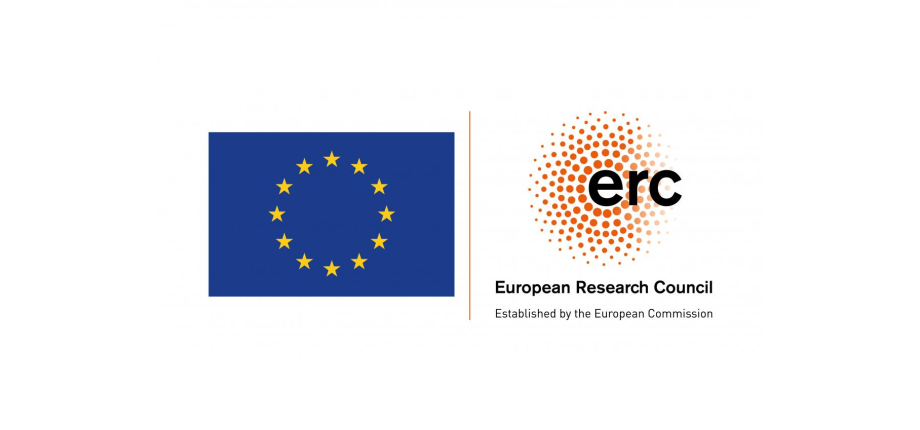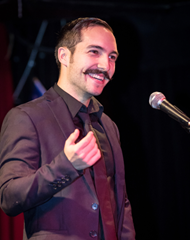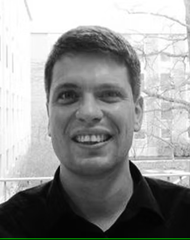Two researchers from the Institut Polytechnique de Paris awarded ERC Synergy Grants

The project aims to conduct collision experiments between a high-energy electron beam and an extremely intense laser pulse amplified by a plasma mirror. Conducted on very high-power facilities (several petawatts), these experiments will validate the predictions of Quantum ElectroDynamics (QED) theory, which describes how electrons, positrons, and photons interact with each other according to the laws of quantum physics. They will also enable the development of new theoretical frameworks for the non-perturbative regime of QED, i.e., the extreme area of the theory in which strong quantum effects can no longer be treated as a correction.
Find all the information on the websites of École Polytechnique and ENSTA.
About the ERC
The European Research Council (ERC), created by the European Union in 2007, is Europe's premier funding body for excellence in exploratory research. It funds creative researchers of any nationality and age to carry out projects across Europe. Four core grant programs are available: Starting Grants, Consolidation Grants, Advanced Grants, and Synergy Grants. An additional program dedicated to proof of concept helps recipients bridge the gap between their pioneering research and the early stages of commercialization.
Synergy Grants fund groups of two to four principal investigators working together with different skills and resources to tackle ambitious research challenges.
The ERC is led by an independent governing body, the Scientific Council. Since November 2021, Maria Leptin has been the President of the ERC. The ERC's overall budget for the period 2021-2027 amounts to more than €16 billion, as part of the Horizon Europe program, under the responsibility of the European Commissioner for Startups, Research, and Innovation, Ekaterina Zaharieva.

About Adrien Leblanc
After graduating in 2013 from ENS Paris-Saclay and the Institut d'Optique, Adrien Leblanc continued his studies in fundamental physics with a PhD at CEA Saclay from 2013 to 2016, with the aim of characterizing relativistic electron and extreme ultraviolet light emissions generated when a very high-power laser is reflected off a solid. He then continued his research at INRS in Quebec to develop a new architecture for infrared lasers. Since late 2019, he has been a research fellow at the CNRS at the Applied Optics Laboratory. His research project is linked to IR Apollon and aims to optimize laser-generated relativistic electron sources with the goal of using them to test the predictions of quantum electrodynamics, a century-old theory that has not yet been tested in highly nonlinear regimes due to the extreme physical conditions required.

About Sebastian Meuren
Sebastian Meuren is an assistant professor at the Laboratory for the Use of Intense Lasers (LULI). His career has led him to conduct several experiments involving collisions between high-quality electron beams and high-power laser pulses (10 TW). This has enabled him to study conditions that closely resemble those found near the surface of certain neutron stars with strong magnetic fields (magnetars). Sebastian Meuren has also worked on theoretical QED calculations in the presence of a strong electromagnetic background field.
*LOA: a joint research unit CNRS, École Polytechnique, ENSTA, Institut Polytechnique de Paris, 91120 Palaiseau, France
**LULI: a joint research unit CEA, CNRS, Sorbonne Université, École polytechnique, Institut Polytechnique de Paris, 91120 Palaiseau, France













